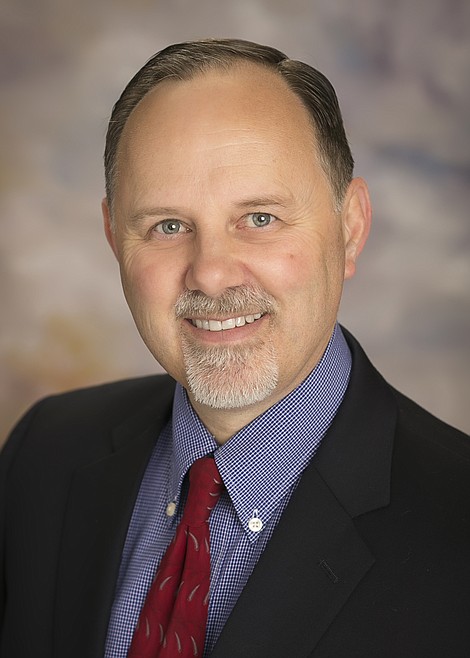Assessor no-show at solid waste fee meeting
COEUR d’ALENE — How Kootenai County will handle solid waste fees in the future remains in question, after assessor Béla Kovacs declared his office won’t administer the fees any longer and he did not attend a special meeting Thursday to discuss the matter.
After solid waste fees were not assessed for thousands of Kootenai County properties in 2023, county officials agreed Monday to send a separate bill for solid waste fees to affected property owners after the June 20 property tax deadline. That solution is a temporary one.
“This meeting today was going to be with the assessor to talk about the future and solid waste assessments,” Commissioner Leslie Duncan said Thursday. “Mr. Kovacs is not here, so I don’t see the point in having a discussion when our assessor is not here.”
Kovacs did not immediately return a request for comment Thursday afternoon.
Under Idaho law, county commissioners are responsible for operating and maintaining solid waste disposal systems and are empowered to collect fees from the users of solid waste disposal facilities. Solid Waste is under the authority of the Board of County Commissioners.
For at least 30 years, the assessor has administered solid waste fees in Kootenai County. In recent emails to other county officials, Kovacs has questioned why the practice is in place.
Though no formal memorandum or agreement is readily available from 30 years ago, Kootenai County Treasurer Steve Matheson said he believes the practice came about because the assessor already tracked the information needed to administer the fees, such as whether a residential dwelling is present on a parcel.
“We can rely on the information from the assessor that he’s compiled as part of his statutory duties,” Matheson said Thursday.
Kovacs has made it clear his office won’t administer the fees any longer.
“The assessor’s office intends to revert the performance of all ministerial work duties associated with entering, maintaining, auditing and reviewing the solid waste increments and we will work with IT and the Solid Waste Department in making that transition,” Kovacs said in a March 29 email. “That is because the assessor’s office has no statutory authority or responsibility over the administration of solid waste fees.... Maintenance and entry of solid waste increments is more properly performed by the department that is actually responsible for those fees, the Solid Waste Department, or by the treasurer’s office and they should be able to do that by managing the spreadsheets as has been done in the past.”
County officials also discussed how to approach a large public records request submitted by Kovacs.
Over the weekend, Kovacs submitted a request to the treasurer’s office for any emails sent between any of 24 county employee email addresses containing any of 11 keywords, including “solid waste,” “tax bill” and “memorandum of understanding.” Kovacs submitted an identical request to commissioners.
The assessor also requested from both departments “all records, agreements and MOUs” showing the purpose for interfund payments made by Solid Waste.
Solid Waste contributes each year to the county’s general fund for services performed by other county departments.
The requests have 23,934 responsive emails across four different departments, according to an email obtained by The Press.
“I don’t think Béla intended for us to duplicate the effort,” Matheson said. “Maybe he did. I’m not sure.”
Matheson said he’ll work with Kovacs to clarify the request and possibly narrow it down.
“Once that’s answered, I’ll quantify what the cost is going to be and clarify with Bela once again,” Matheson said. “Is he making this as an individual? If that’s the case, I will send him an invoice and expect to be paid upfront. If he’s expecting the county to pay for it, then it’ll come before the county commissioners.”
In December, Kovacs submitted and later withdrew public records requests submitted to the treasurer’s office that were expected to generate close to 50,000 responsive documents and cost more than $20,000 in employee labor to fulfill.

